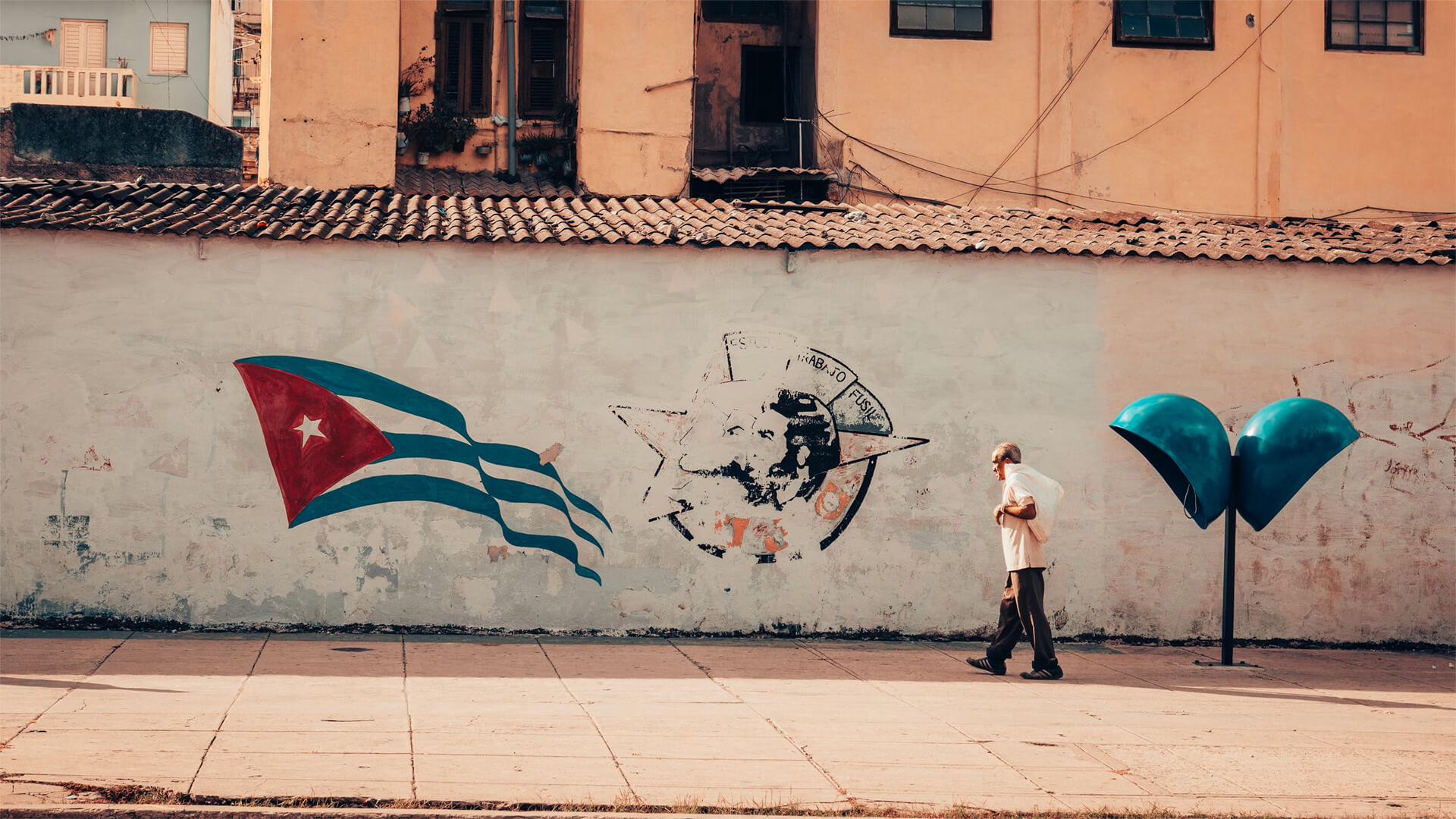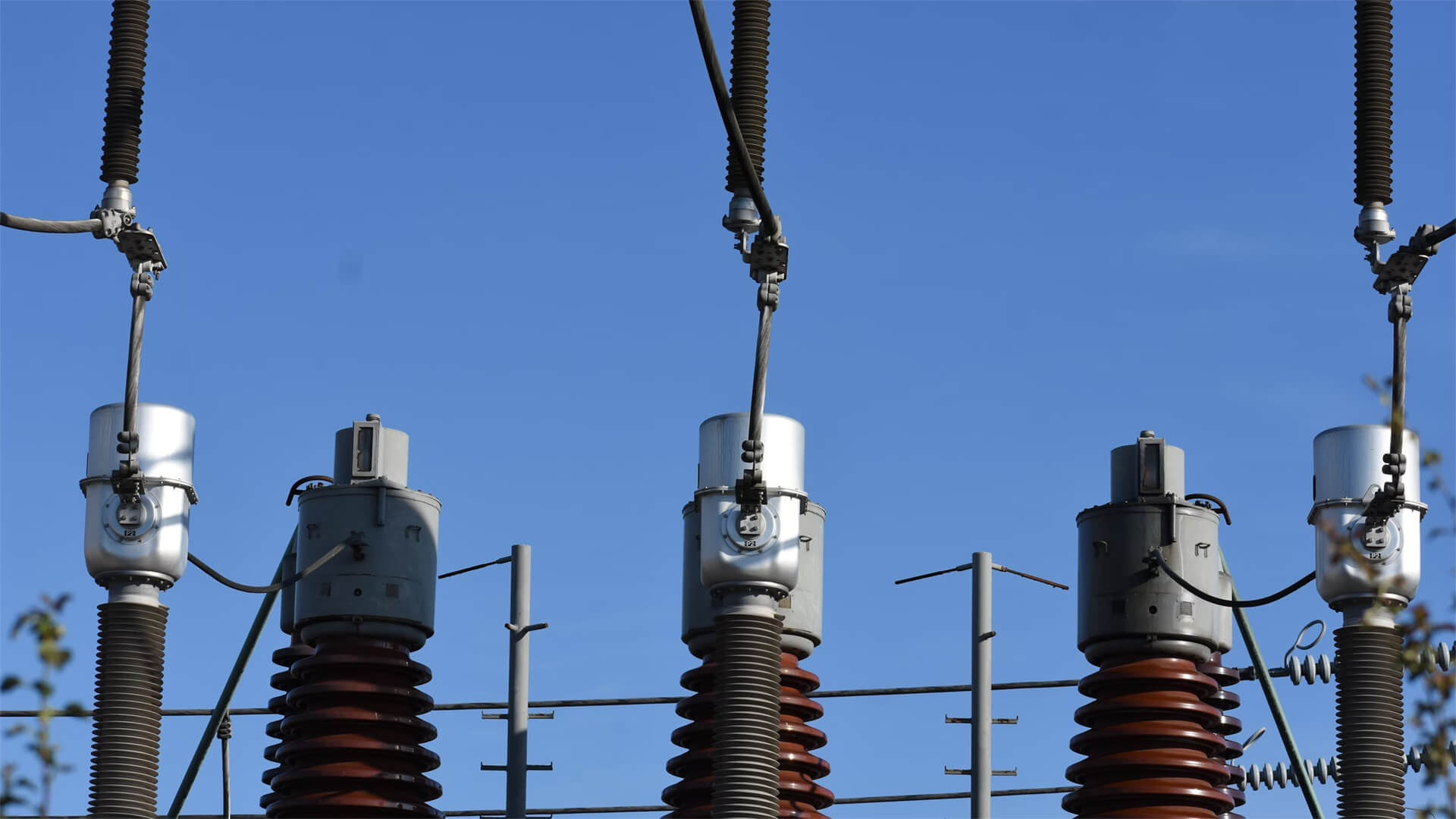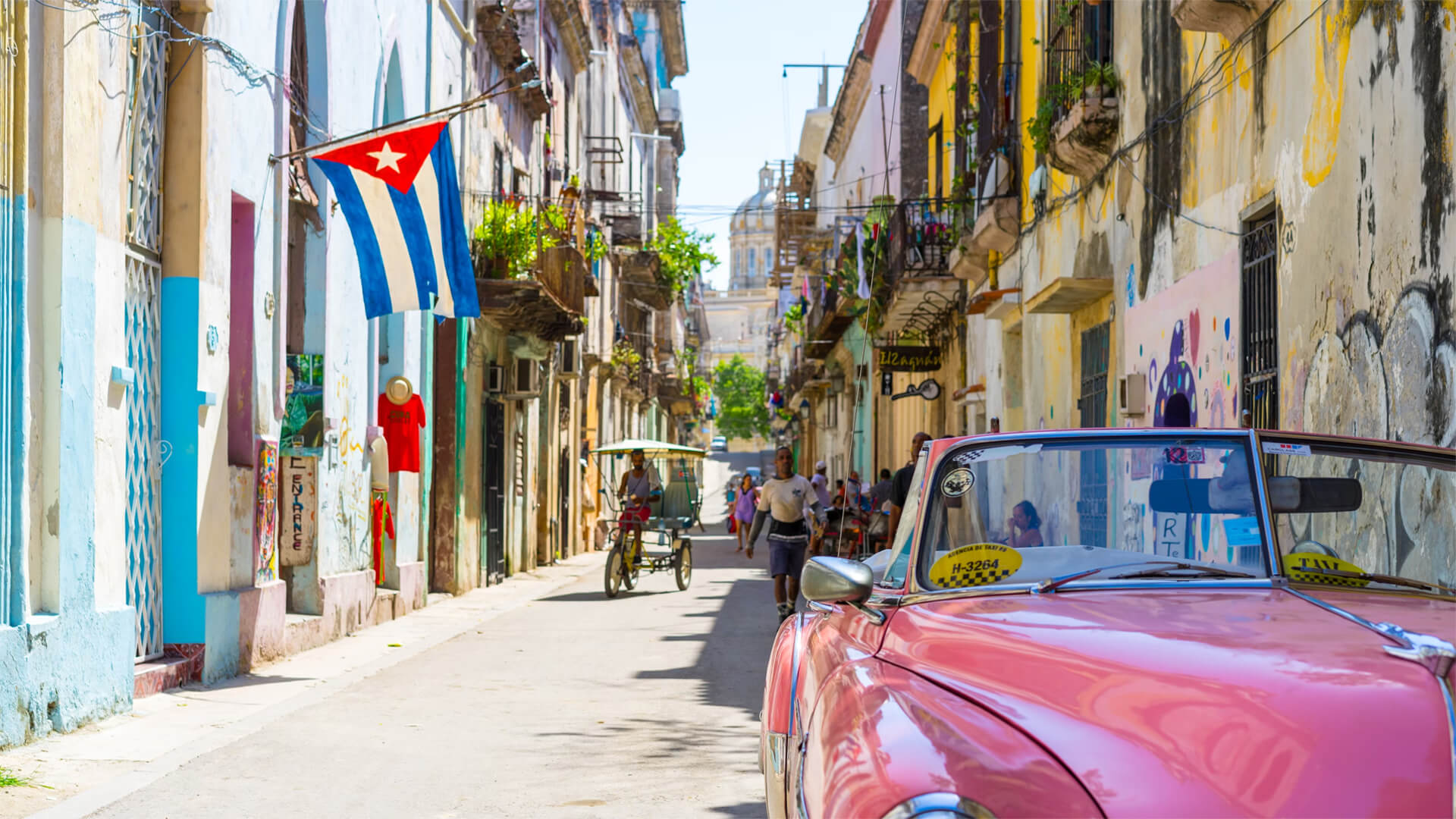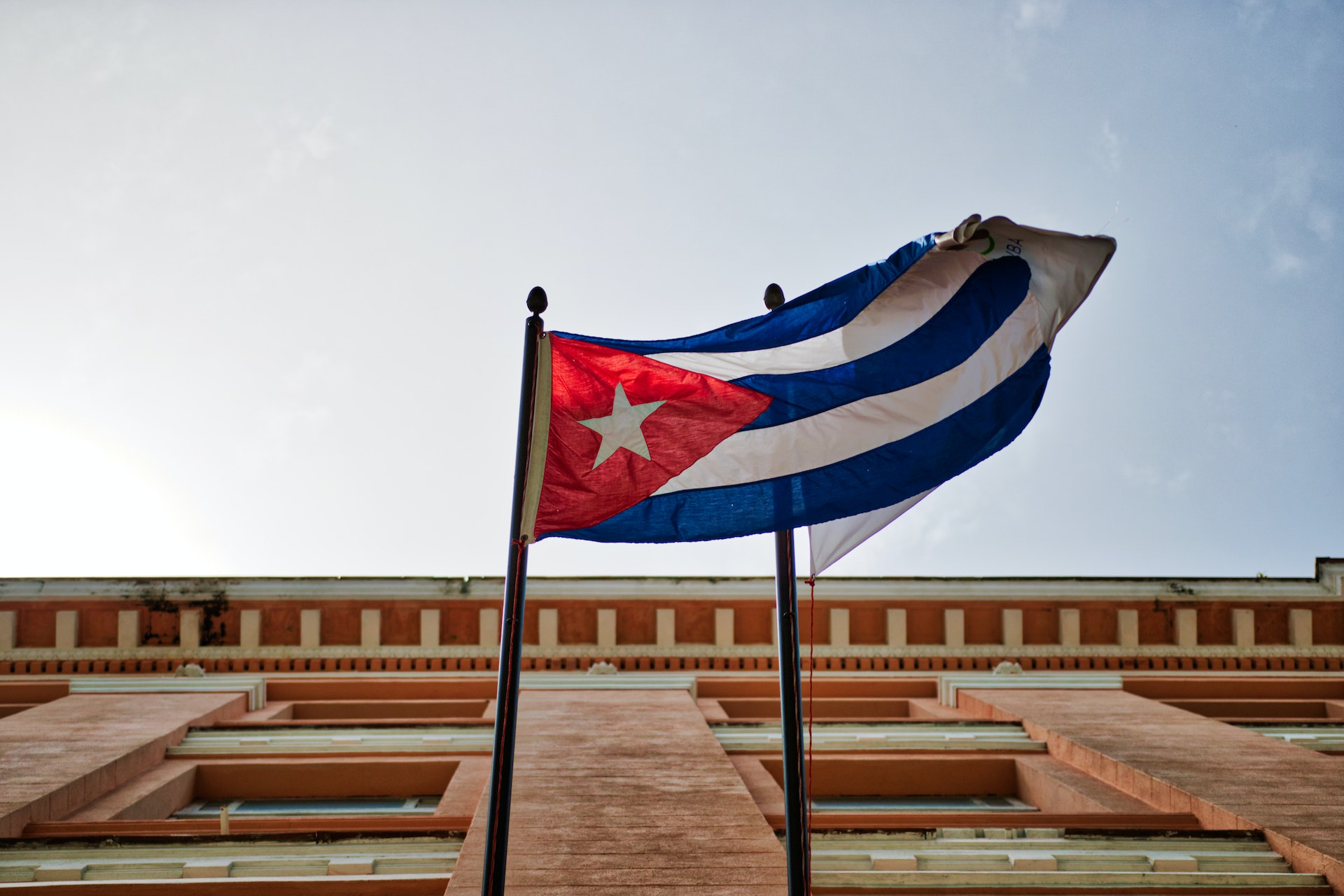Since the U.S. shut down Venezuelan oil exports, Cuba has been sliding towards a severe energy crisis.
Cuba is being cut off from its alternative energy suppliers too. Washington has pressured Mexico not to sell them any. China and Russia are too far or don’t have the capacity. So, Cuba has already run out of aviation fuel and a prolonged energy shortage is likely. With energy collapse in motion, it could be the end for the Cuban government (which would open up a whole new can of worms).
The U.S. is nudging Cuba toward systemic collapse, but the fallout might hit Florida and domestic politics harder than expected.
Transcript
Hey all, Peter Zeihan here. Coming to you from Colorado. Today we’re going to talk about Cuba. Ever since the U.S. government ousted Nicolas Maduro, the former president of Venezuela, the talk has always been about what’s next. And I’ve always said that it’s probably going to be Cuba. Cuba is not only proximate to the United States. Not only has a government that has been hostile to the United States for decades now, not only is a Russian ally, but it’s also very vulnerable because it gets almost all of its energy products from Venezuela at reduced rates. So simply removing Venezuela from the board means that all of a sudden they’re in an energy crisis. And anything they do buy on the open market is going to cost them at least twice as much. On top of that, the United States has leaned on Mexico to not sell energy products to the Cubans.
The only other non-American suppliers in the region are, the Dutch have a couple refineries in places like, the ABC Islands, and that’s it. Any other fuel shipments have to come from somewhere else out of region. Theoretically, you could get some from Brazil, but Brazil’s an energy importer. And now you’re talking about the Eastern Hemisphere.
So even if the Cubans can come up with the cash that is necessary to buy open market fuel from another hemisphere, you’re now have to add on a month that it’s going to take for the stuff to get there in the first place. The reason I’m bringing this up right now is because over this past weekend, the Cubans told all airlines that they would not be able to refuel at all in Havana because they are already out of aviation fuel.
And for a country that is not that very large, simply getting a tanker to bring aviation fuel across the Atlantic Ocean, isn’t really a viable option for them. So we’re looking at a protracted fuel crisis in a country where their electricity system was already running on duct tape and baling wire.
So we’re looking at a prolonged energy crisis. And the best case scenario for the Cuban government. That is assuming the US doesn’t push on anything and does not lean on its allies in the Western Hemisphere or twist arms, to prevent fuel from coming. Really, there are only two countries that might have a strategic interest here. One is China, and they do export a lot of refined product, but they’re on the far side of the Pacific, and they would have to shuttle anything through the Panama Canal, which the United States is in the process of asserting more direct control over.
So that’s not a very viable option. And the only other one is Russia and Russia, because it is involved in a war, really doesn’t have the capacity to ship refined product either. It’s having shortages at home because the Ukrainians have been going after the refining infrastructure. So this could very well be the beginning of the end for the Cuban government.
But before you celebrate that, too much, regardless of your logic or your politics, a couple things to keep in mind. First, if the Cuban government falls because of a de industrializing event that is triggered by an energy shortage, simply allowing the energy to come back in is not going to solve the problem.
You are still going to have a significant degradation in the ability of whatever the next government is to hold together. One of the things that the United States maybe got wrong about Venezuela is by removing the guy at the top, but not in planting a broad based government that can actually run the place, just leaving the existing thugs in place.
We’re at the beginning of a multi-year, maybe even multi-decade period where Venezuela is basically going to be running through chaos. It would probably be something very similar if you have an energy based collapse in Cuba as well. Which brings us to number two. Part of the reason that Cuba has been in the American mindset for politics for so long is over the years, waves of Cuban migrants have crossed the Straits of Florida to Miami, because they wanted to escape the economic or political conditions that were existed back home.
If you turn off the lights and leave them off, you’re going to have more waves of that. So we already have a government in the United States that is just rabidly anti-immigration, to the point that it’s even willing to use its law enforcement to kill American citizens in order to make its point heard. Now, you’re probably looking at a mass, fleeing from Cuba, which will measure in the hundreds of thousands at a minimum, which is something even under the best conditions, would be a challenge for Florida if the federal government was in a cooperative mood.
It is not clear that that is the case. So whether you’re in Cuba or Florida or in the United States with large, we are now at the beginning of a protracted rolling crisis caused by the United States nudging Cuba in the direction of economic collapse with everything that comes from that. So regardless of how this goes on for by the details, I can guarantee you that there’s going to be a show.
And since they’ve already run out of jet fuel, it’s probably not going to be all that long from now.





